For decades, Turkiye’s alignment with Beijing has strengthened China’s campaign of occupation, colonisation, and genocide in East Turkistan. This collaboration, which began in earnest in the 1990s, has now found expression in alarming proposals within Ankara.
On February 8, 2025, Professor Erhan Afyoncu, rector of Turkiye’s National Defense University and an unofficial spokesperson for the ruling AKP Party, proposed that Turkiye should “import Uyghur Turks” to offset its domestic demographic decline, describing it as a matter of Turkiye’s “survival”. This reflects a decades-long pattern in which Ankara has prioritised strategic, economic, and political ties with China over Uyghur rights and survival.
The East Turkistan Government in Exile (ETGE) condemned the proposal, warning that the mass resettlement of Uyghurs would constitute ethnic cleansing. Uprooting a colonised people from their homeland erases them rather than rescues them. By facilitating such a transfer, Ankara would enable China to consolidate demographic and political control over an occupied territory that has resisted Beijing for over seven decades.
Since its invasion of East Turkistan on October 12, 1949, the People’s Republic of China has pursued a policy of colonisation through demographic transformation. At the time of occupation, Chinese colonists made up less than 4 per cent of the population, mostly civil servants and military personnel, while Uyghurs, Kazakhs, Kyrgyz, and other Turkic peoples comprised over 90 per cent, with Uyghurs being the majority. In 1954, the CCP established the paramilitary Xinjiang Production and Construction Corps to facilitate colonization, and in 1955 rebranded East Turkistan as the “Xinjiang Uyghur Autonomous Region.” Mass settlement of Chinese colonists, forced sterilisations, abortions, massacres, internment, and genocide have systematically sought to erase Uyghurs and other Turkic peoples.
Turkiye has historically been a haven for Uyghur refugees and a self-proclaimed leader of the Turkic and Muslim world. Yet Ankara’s complicity in Beijing’s ongoing genocide, coupled with expanding trade and security ties, reveals a betrayal of ethnic kinship for economic and political gains. Resettlement rhetoric risks becoming a euphemism for China’s ethnic cleansing of Uyghurs.
Since 1996, following the issuance of CCP Document No. 7 (1996), Turkiye has actively sacrificed East Turkistan for “military and economic ties” with China. China-Turkiye cooperation against East Turkistan began under Necmettin Erbakan’s Islamist-conservative Welfare Party, continued under Bülent Ecevit’s secular social-democratic coalition, and intensified under Erdoğan’s AKP government. For the past 30 years, Ankara has aligned with Beijing against East Turkistan, strengthening China’s occupation, colonisation, and genocide.
Following Afyoncu’s remarks, Turkish media and pro-government influencers amplified the idea of resettling millions of Uyghurs. On August 24, 2025, prominent historian İlber Ortaylı published an article stating: “The Euphrates and Tigris basins are vital to Turkiye, both technically and demographically. The villages vacated there must be filled without delay with potential populations from Asia. The hardworking farmers of the fertile Uyghur region, devastated by China’s nuclear tests, must be brought to Turkiye soon.”
The column became a media sensation, preceding Erdoğan’s meeting with Chinese President Xi Jinping at the Shanghai Cooperation Organisation summit, where Xi called for “enhancing security cooperation” between Turkiye and China. After the summit, the former coordinator of Turkish state media Anadolu Agency and TRT’s Arab Division tweeted that China and Turkiye had agreed to resettle 3 million Uyghurs to Turkiye under a “humanitarian migration” plan, claiming it would “alleviate labour shortages in agriculture and service.” The post went viral.
The ETGE condemned the alleged agreement as ethnic cleansing and a betrayal of the Uyghurs. Turkiye’s Presidential Communications Directorate denied such an agreement. Yet on October 10, 2025, Turkiye issued Presidential Order No. 10476, modifying regulations to allow “foreigners of Turkic origin to freely practice their professions and arts in Turkiye.” Pro-government social media accounts published this alongside a Turkic world map omitting East Turkistan, raising ETGE concerns.
Days later, after Turkish Agricultural Minister Ibrahim Yumaklı’s visit to China and the signing of three agreements, numerous pro-government accounts began publishing polls asking: “If 5 million Uyghur Turks are brought to Turkiye, would you support it? YES or NO?” This mirrors classic psychological operations: normalise the idea, manufacture public consent, and prepare for quiet implementation.
Resettling 3 to 5 million Uyghurs would amount to ethnically cleansing 25-40 per cent of the 12 million Uyghurs that China claims are in East Turkistan, though Uyghur sources estimate the true Uyghur population to be three times higher. Such a demographic shift would decisively advance Beijing’s campaign to erase Uyghur presence, turning East Turkistan into a Chinese-dominated region where Uyghurs are no longer the majority but merely the “minority” that Chinese propaganda has long falsely portrayed them as being.
If Turkiye follows through with such proposals, the displaced Uyghurs would be uprooted from their homeland, allowing Beijing to claim “voluntary resettlement” while cementing Chinese demographic dominance and eroding any possibility of restoring East Turkistan’s independence. Resettled Uyghurs would continue to face exploitation, coercion, and even assimilation wherever they are sent. The proposed resettlement areas, mainly in predominantly Kurdish regions, raise significant concerns. Using Uyghurs to populate these areas could inflame ethnic tensions and further destabilise the region.
Furthermore, Uyghurs risk being exploited once more as expendable cannon fodder for Turkiye’s interests. Past transfers of over 30,000 Uyghurs from East Turkistan to Turkiye, and subsequently to Syria, facilitated by Chinese-Turkish intelligence coordination, forced them to fight alongside Turkish-backed jihadist groups, where thousands died. Beijing continues to cite the presence of Uyghurs in Syria to justify its ongoing genocide under a manufactured “terrorism threat” pretext.
East Turkistan is the cornerstone of China’s Belt and Road Initiative to control vital trade routes, energy corridors, and natural resources. Uyghurs have historically acted as a crucial barrier preventing Chinese expansion into Central and South Asia. Removing Uyghurs from their homeland would permanently cement Chinese control over East Turkistan while eliminating the primary obstacle to Beijing’s unchecked dominance across Eurasia.
Ankara must resist further complicity in the genocide of Uyghurs. Turkiye’s demographic challenges should be addressed through transparent, rights-based policies: pro-natalist incentives, encouraging the return of the seven-million-strong Turkish diaspora abroad, and welcoming Turkic migrants from the independent Turkic states, without undermining those nations’ demographics.
As Turkish public outrage against China’s crimes in East Turkistan rises, Uyghur resettlement rhetoric is being systematically promoted as a “solution” to Uyghur suffering. In reality, it would cause far greater harm, as the root of Uyghur suffering is Chinese occupation of East Turkistan.
To genuinely aid the Uyghurs, Ankara must break from decades of active complicity and support their struggle for the restoration of East Turkistan’s independence. East Turkistan is the motherland of all Turkic peoples. Legitimising Uyghurs’ displacement would make Ankara responsible for the final destruction of the Turkic homeland itself.
(Salih Hudayar serves as the Minister of Foreign Affairs and Security for the East Turkistan Government in Exile and is also the leader of the East Turkistan National Movement. He holds a Master’s degree in National Security Studies from the American Military University. Follow him on X @SalihHudayar. Views expressed in the above piece are personal and solely those of the author. They do not necessarily reflect Firstpost’s views.)


)
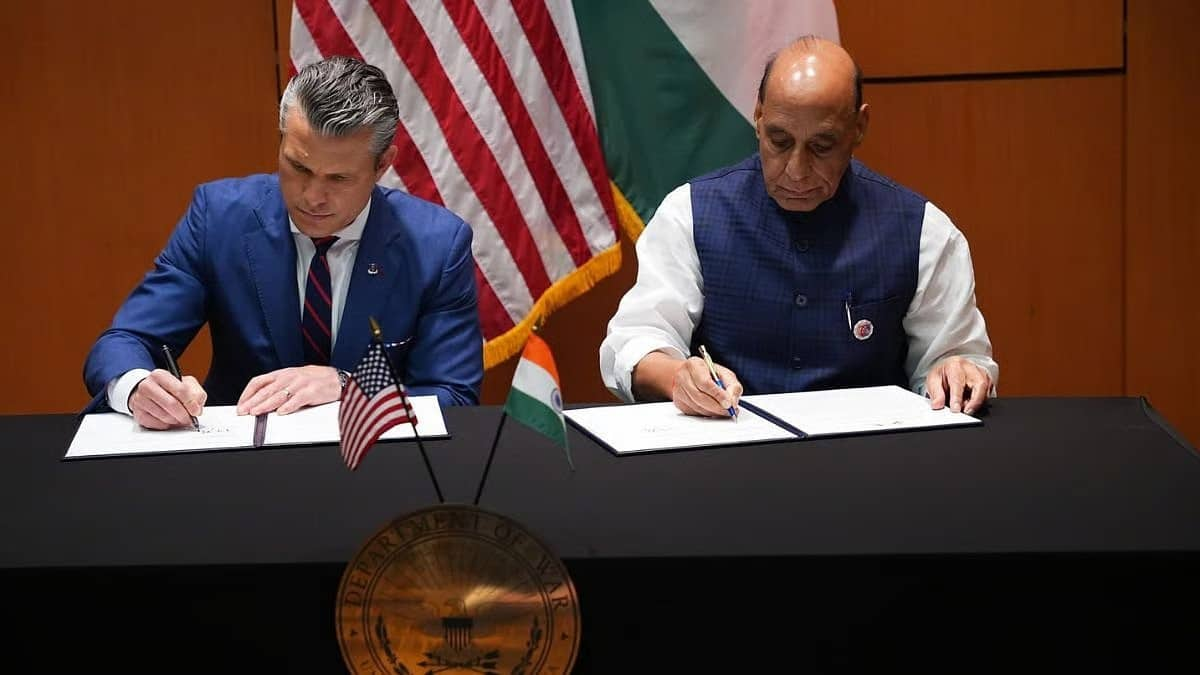
)
)
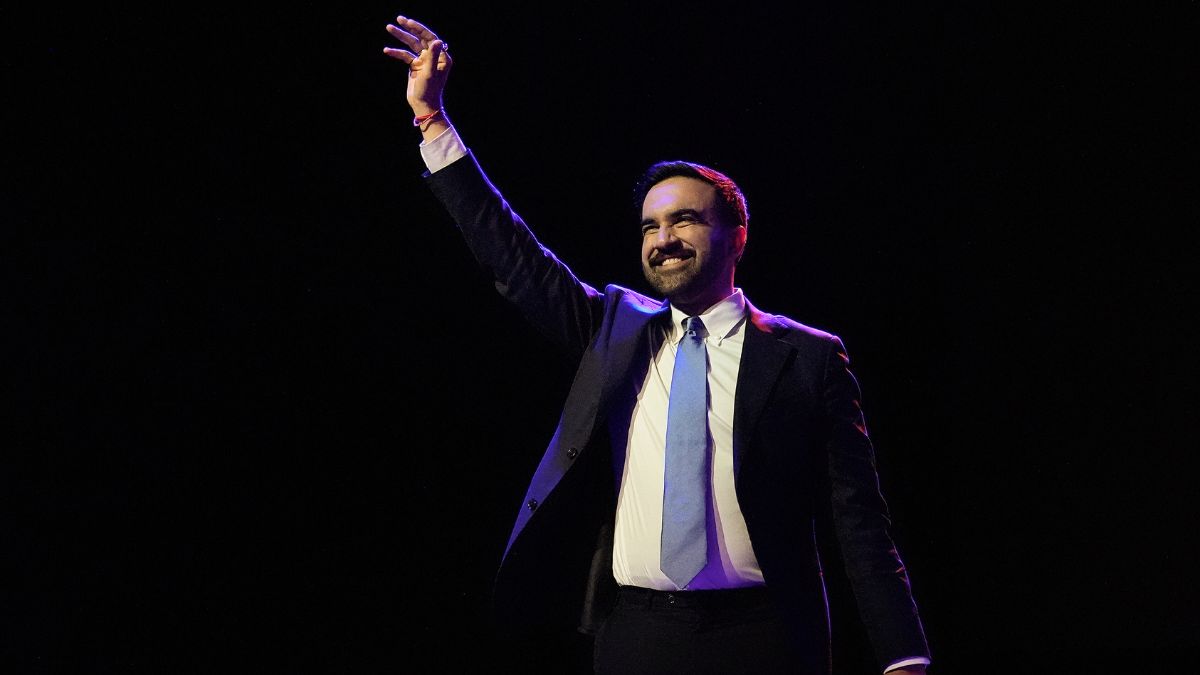)
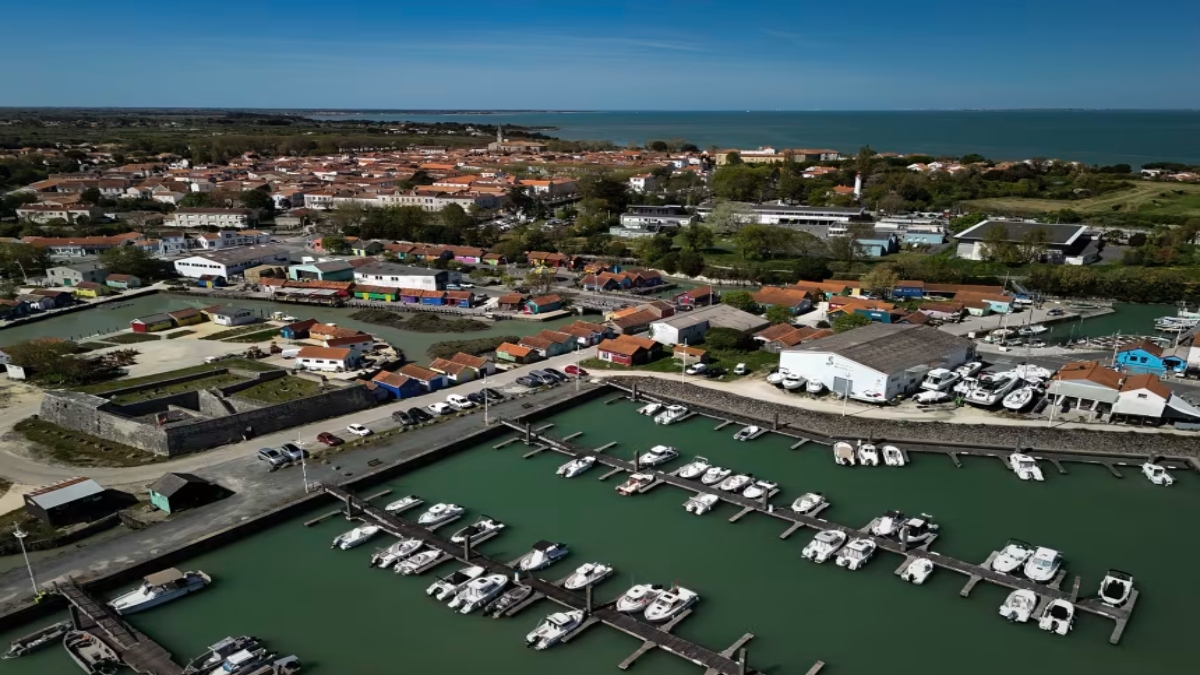)
)
)
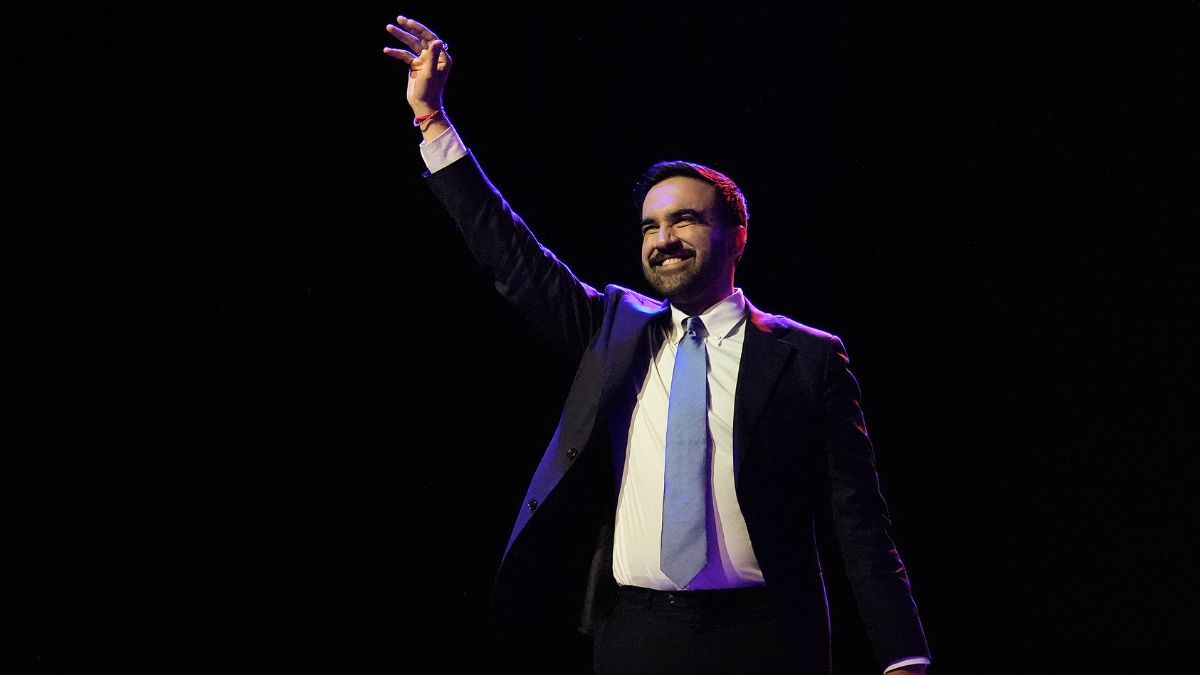)
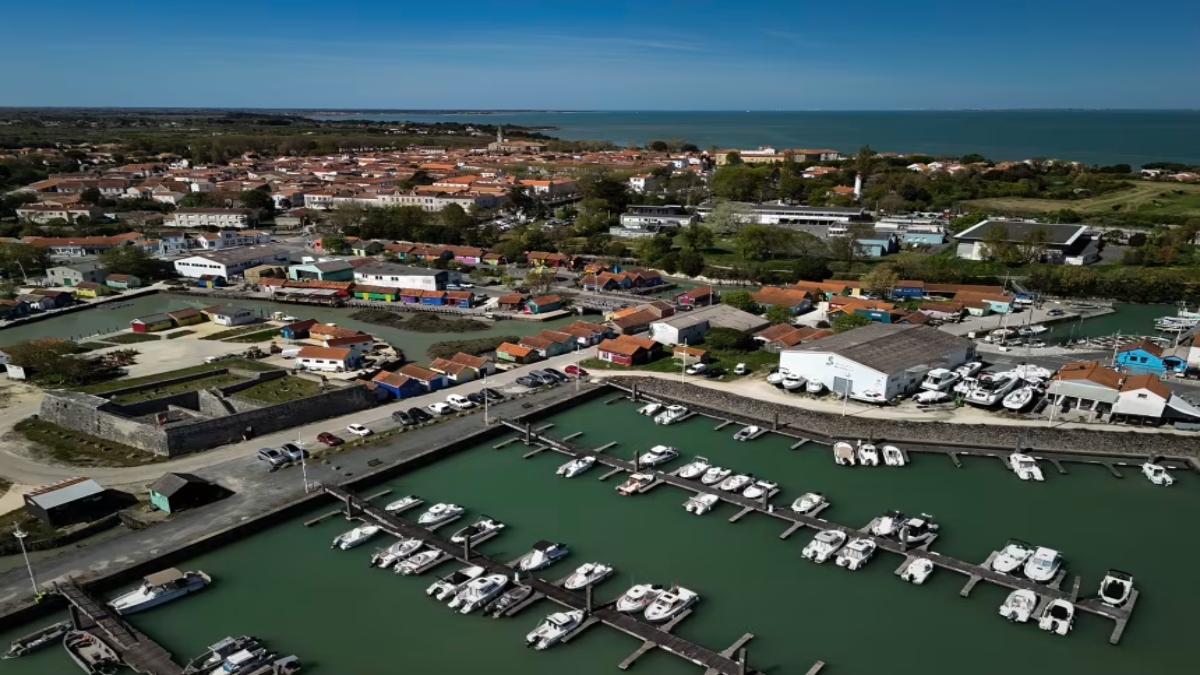)



